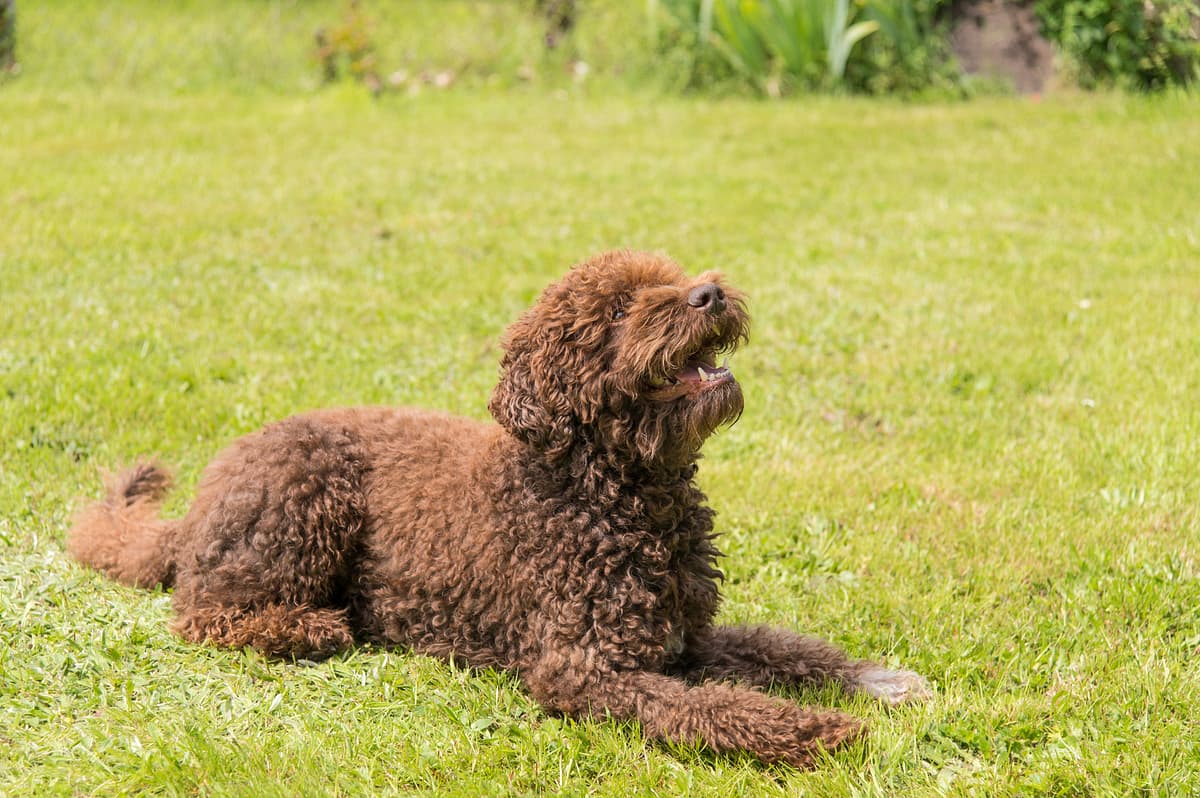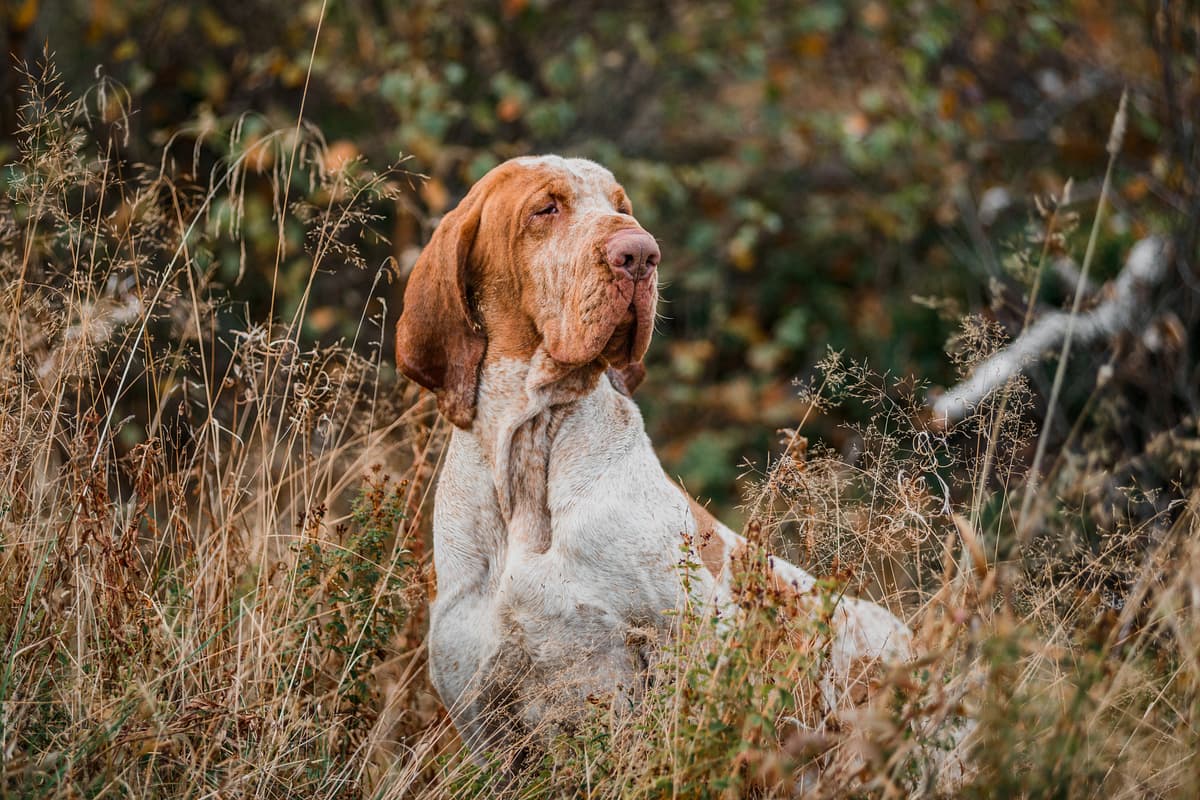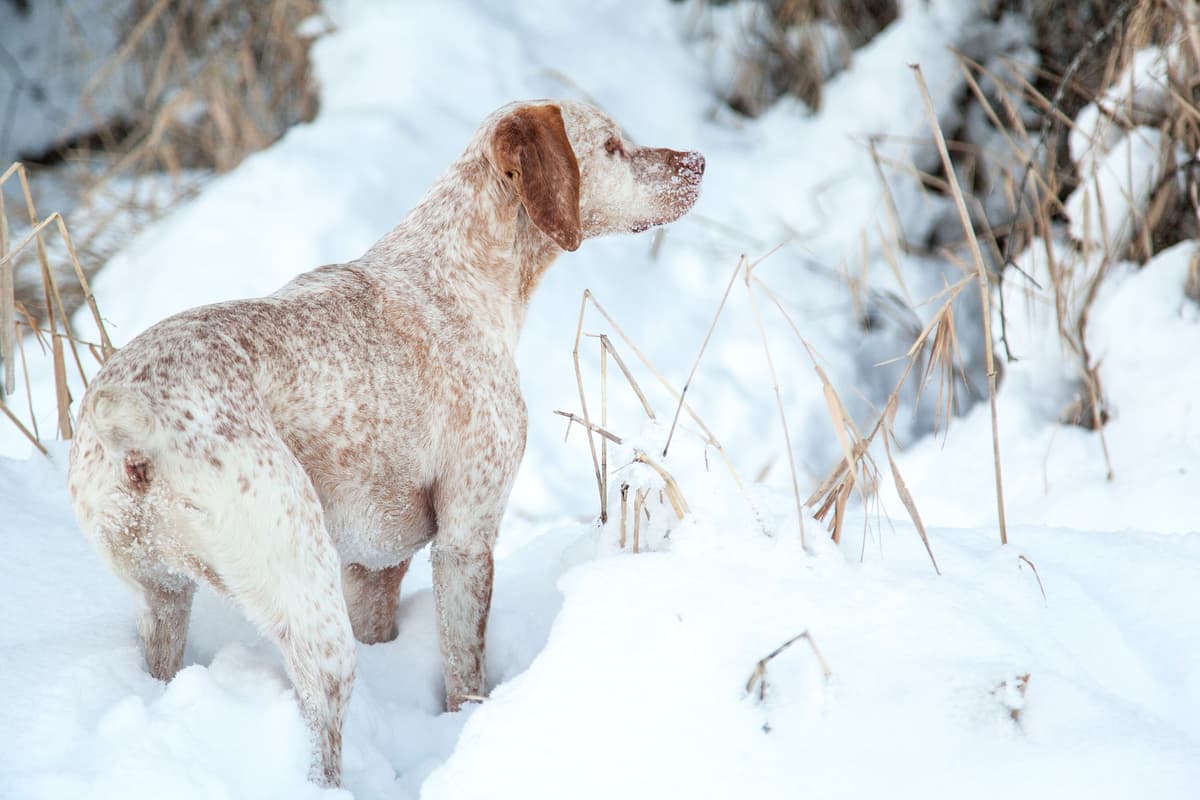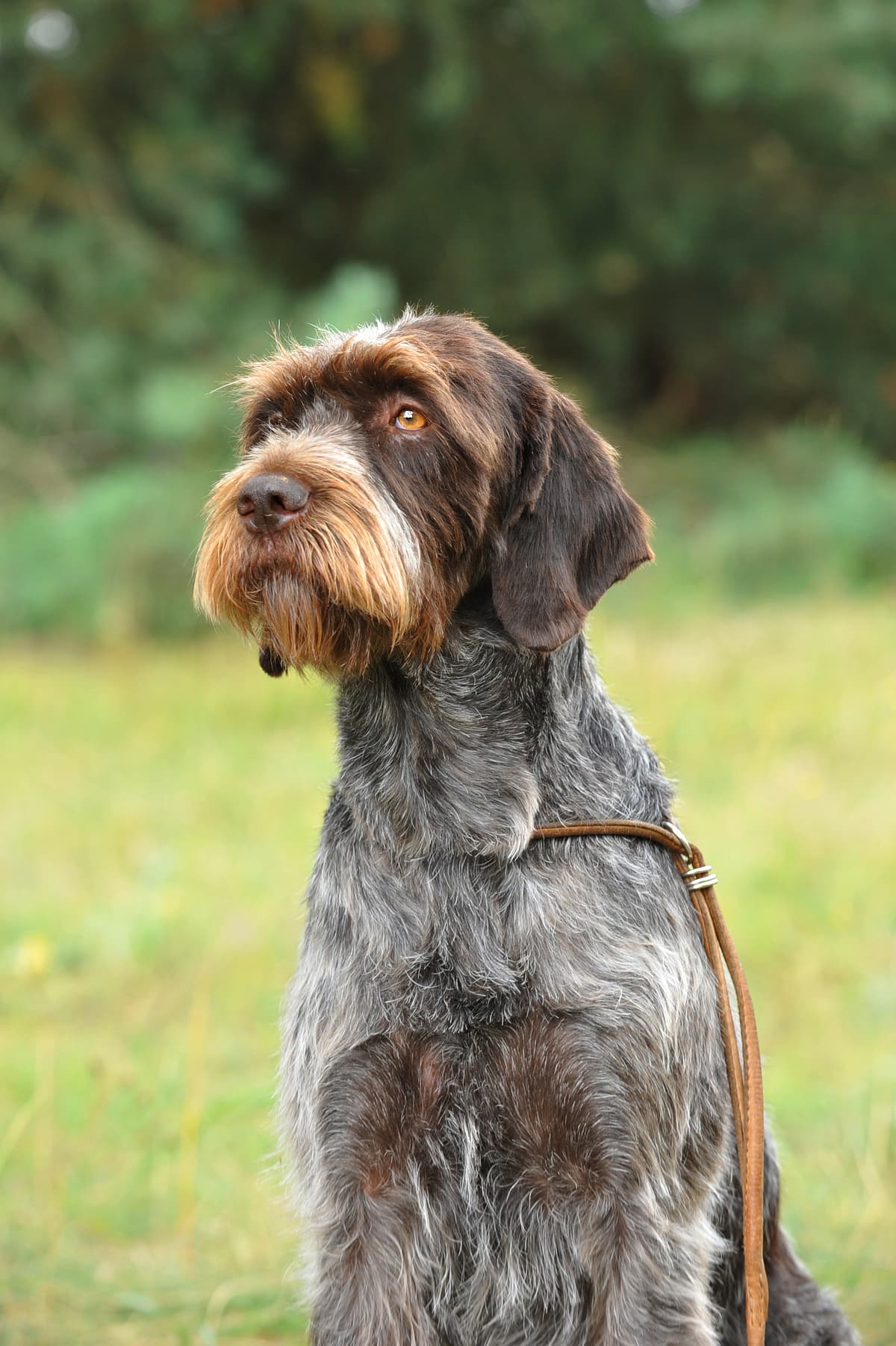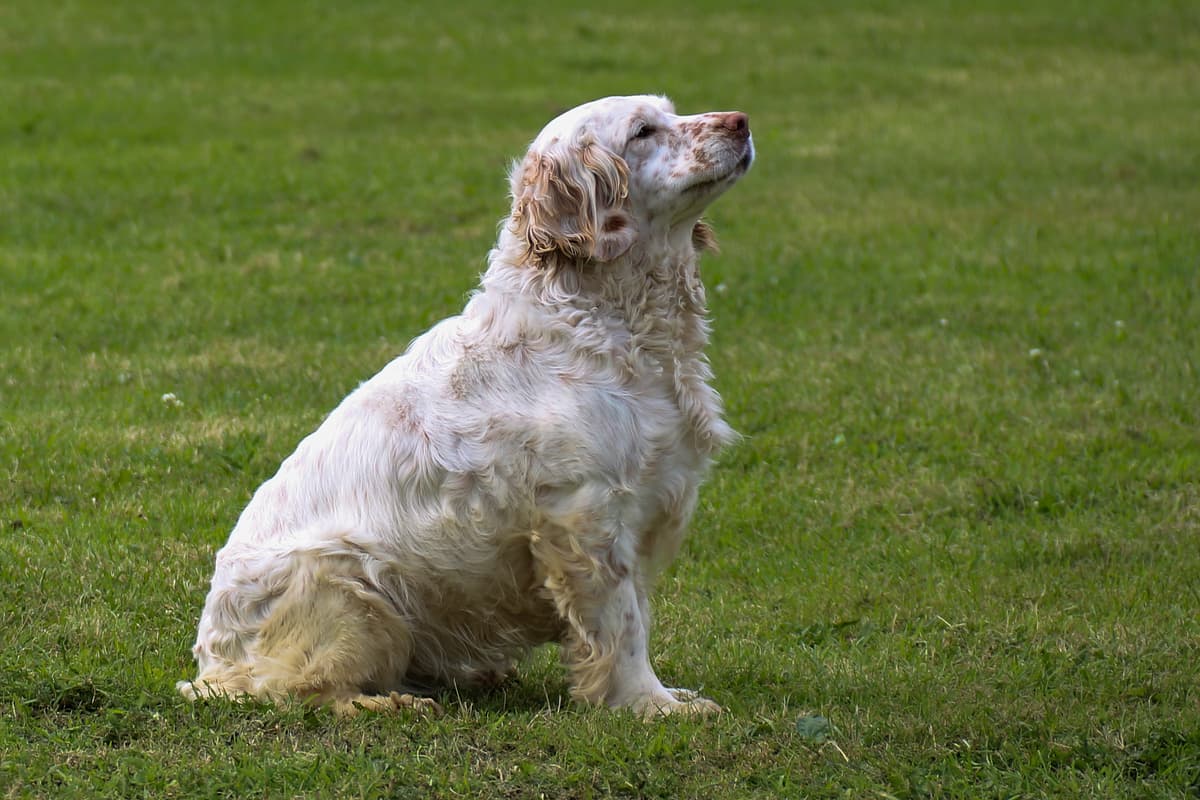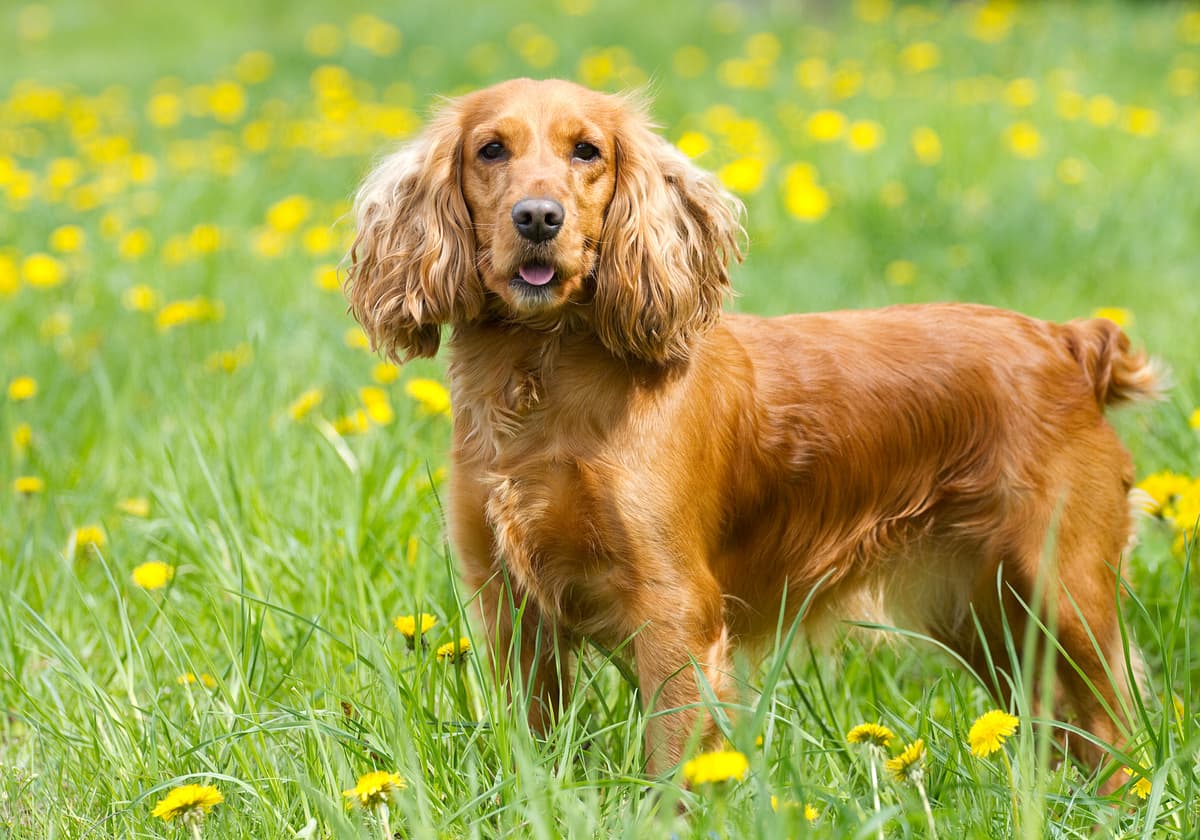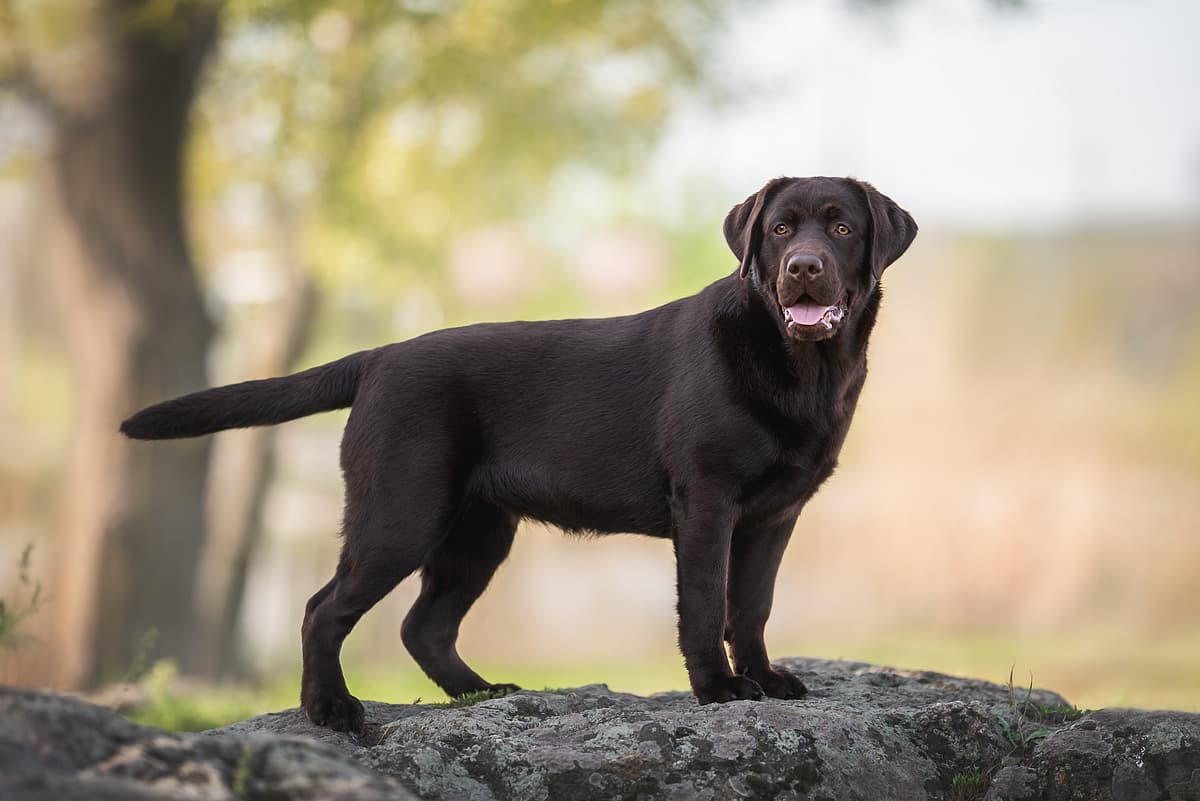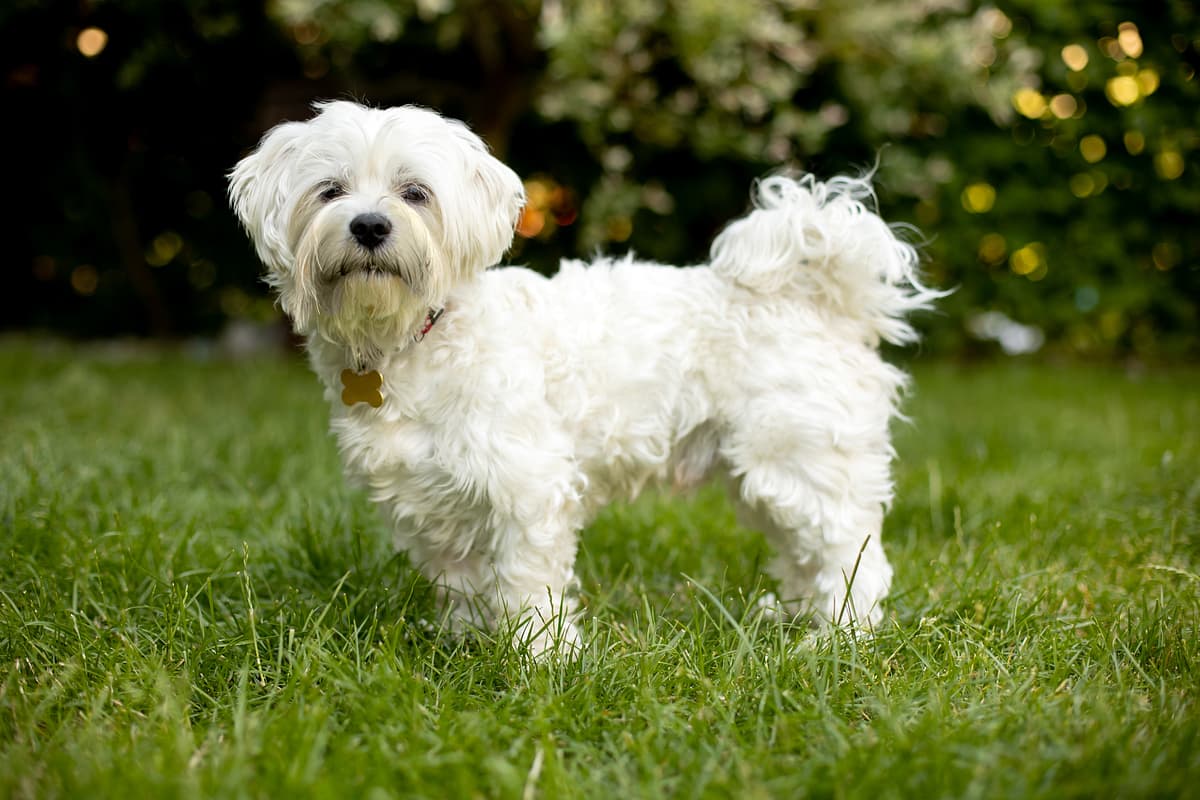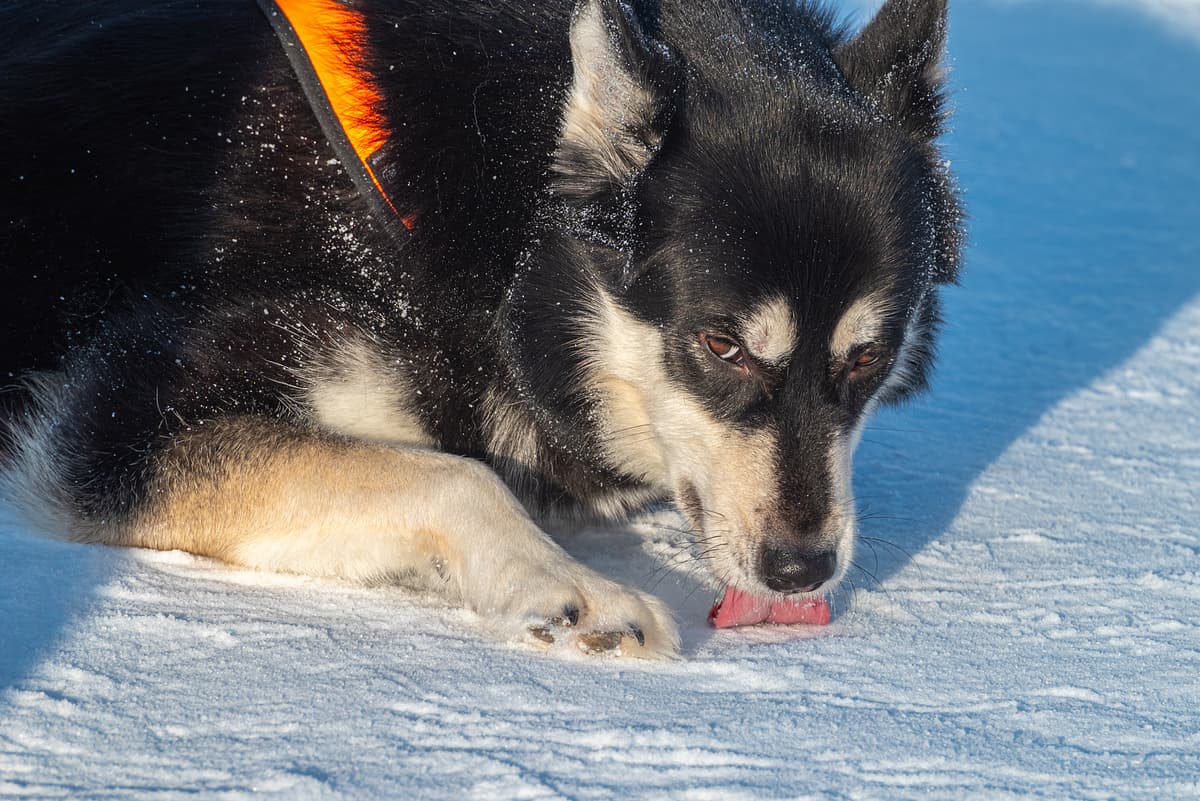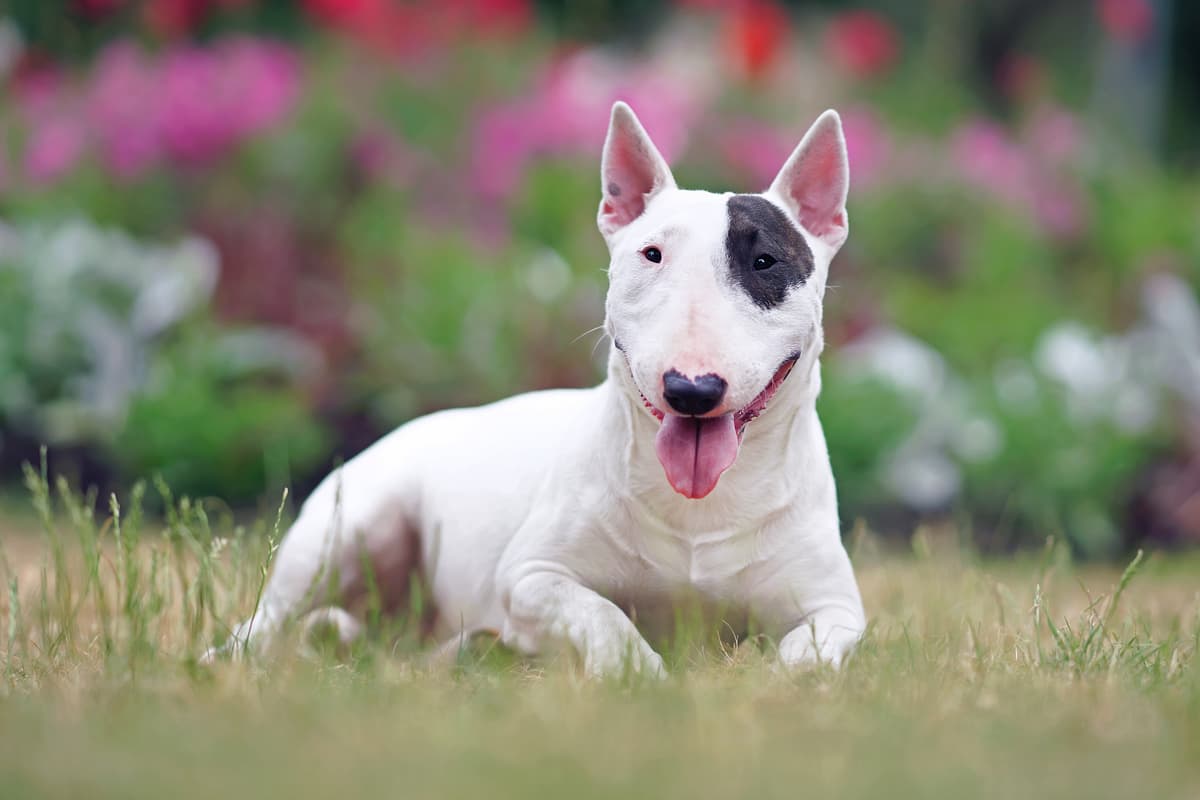Chesapeake Bay Retriever
Energetic, loyal, and intelligent, this breed thrives on outdoor adventures and strong bonds with family. Renowned for its water-retrieving skills and weather-resistant coat.
Breed Characteristics
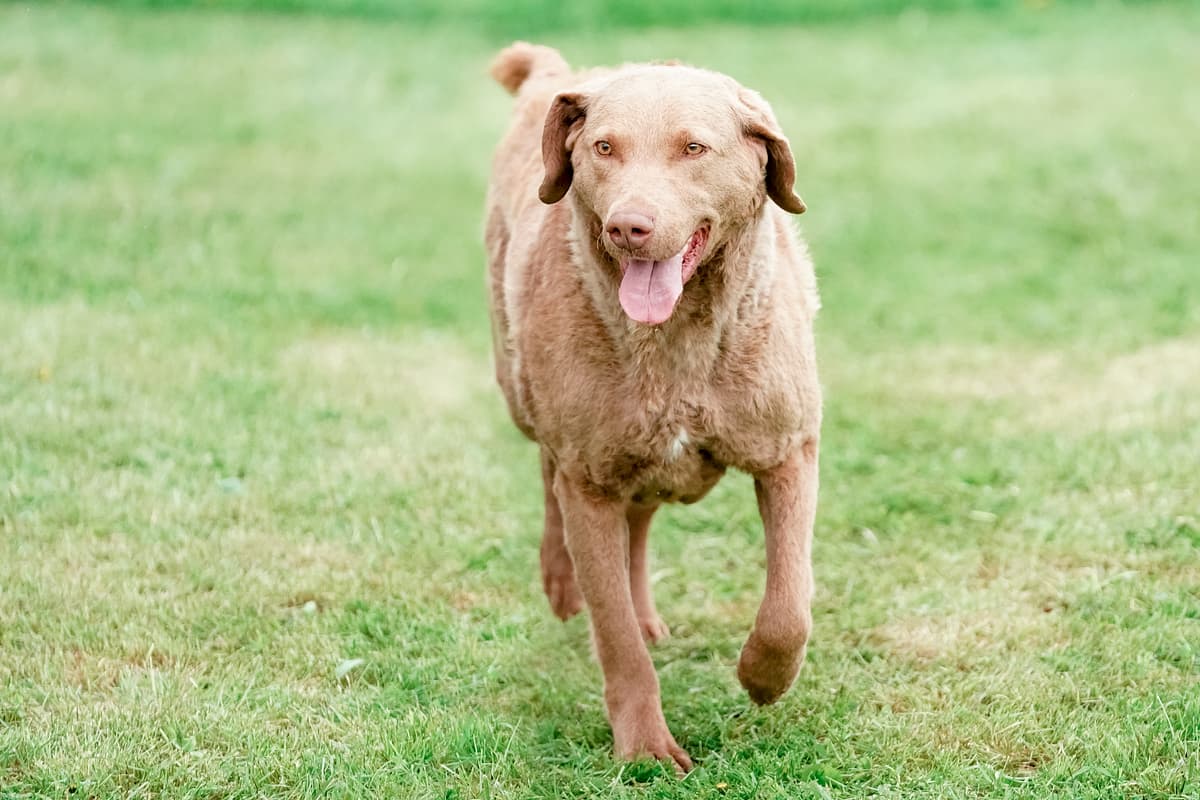
Average sizes and life expectancy of the breed.
HEIGHT
58–66 cm (male)
53–61 cm (female)
WEIGHT
29–36 kg (male)
25–32 kg (female)
LIFE EXPECTANCY
10–13 years
Chesapeake Bay Retriever: Breed snapshot
Everything you need to know about this beloved breed at a glance
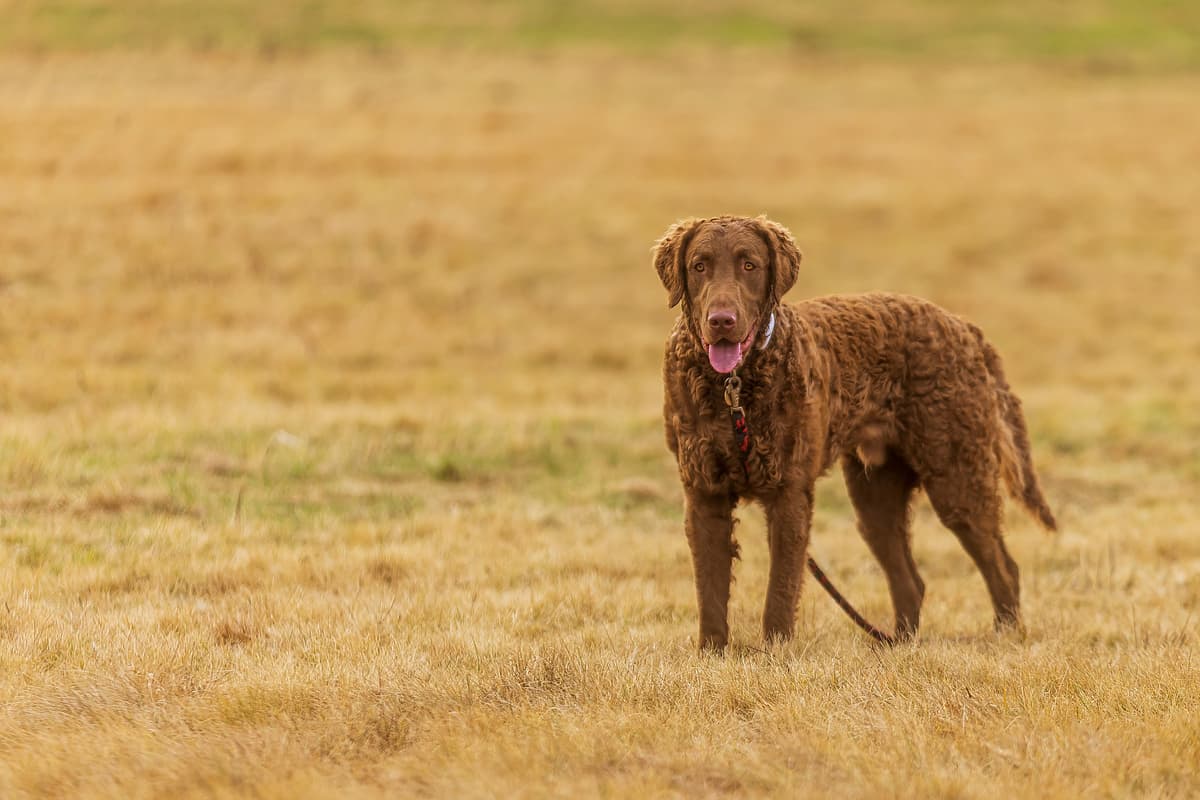
Key Breed Characteristics
Kingdom
Animalia
Phylum
Chordata
Class
Mammalia
Order
Carnivora
Family
Canidae
Genus
Canis
Species
Canis lupus familiaris
Diet
Omnivore
"A Chesapeake Bay Retriever isn't just a pet — they're a loyal companion, a playful friend, and a loving family member all in one."
Temperament & personality
Understanding Chesapeake Bay Retriever's temperament is key to knowing if they're the right match for your lifestyle.
Personality Overview
Chesapeake Bay Retrievers are loyal, protective, and confident dogs with a strong bond to their families. They may be reserved with strangers and display a determined, independent nature.
Key Personality Traits
Generally friendly but can be reserved with strangers
Highly intelligent and quick to learn tasks
Very energetic, needs regular physical activity
Enjoys games and interactive play sessions
Adapts moderately well to new environments
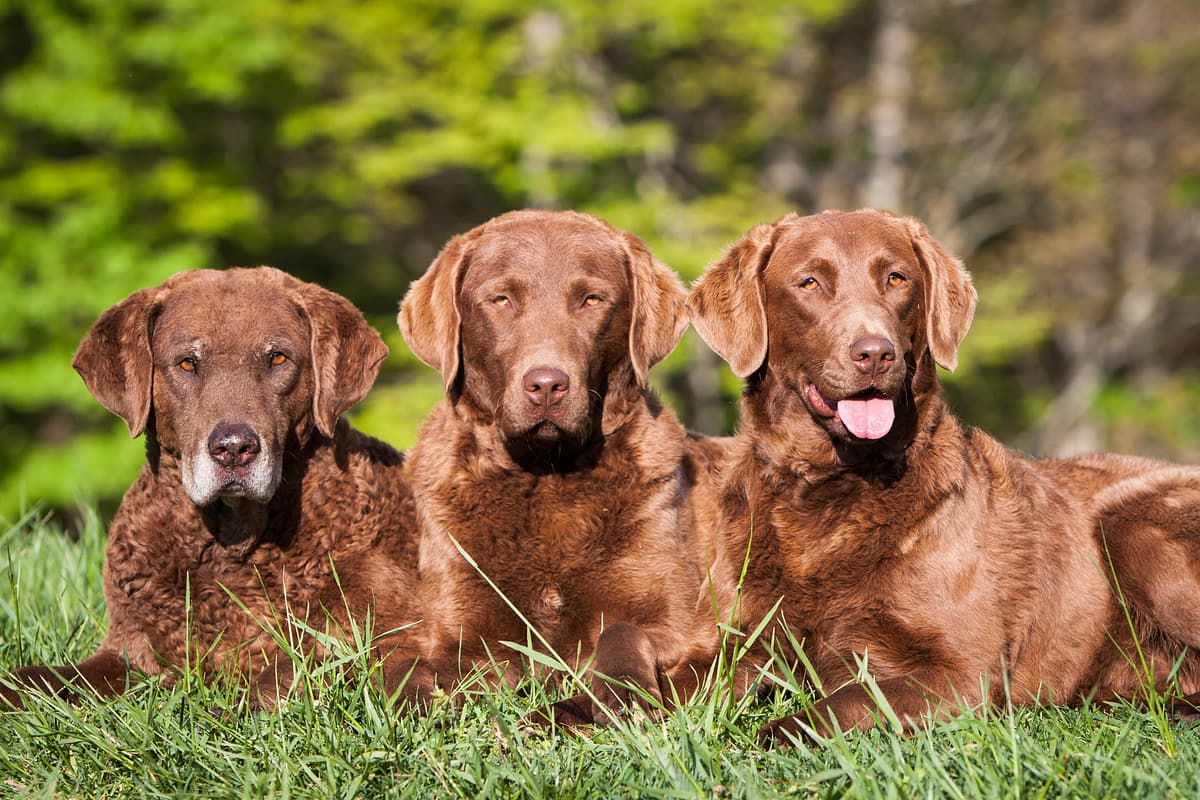
Strengths
- Excellent water retrieving instincts
- Strong loyalty to family members
- High intelligence and trainability
- Protective without excessive aggression
- Resilient in harsh weather conditions
Challenges
- Prone to stubborn or independent behavior
- Needs substantial daily physical activity
- Can be wary of strangers
- May be territorial with other dogs
- Thick coat requires regular grooming
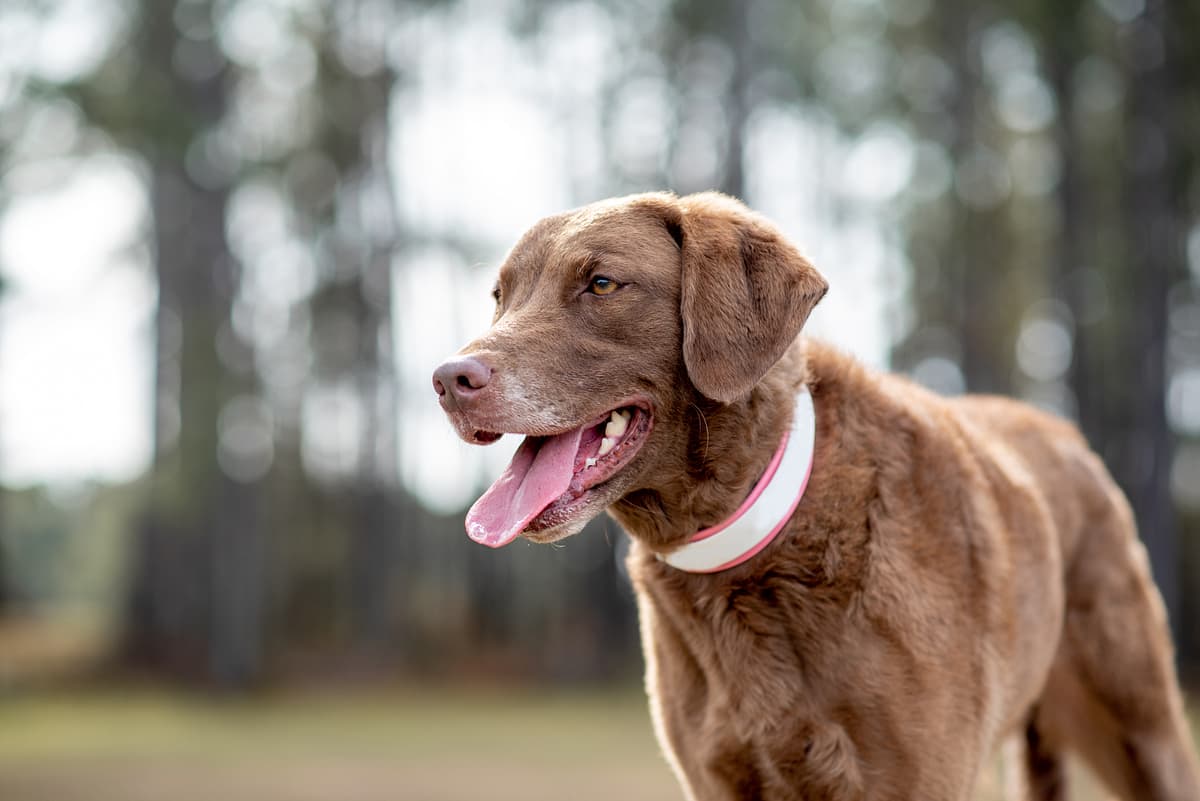
Protect your Chesapeake Bay Retriever
Chesapeake Bay Retriever are active and energetic, but they can develop hip dysplasia and progressive retinal atrophy. Get peace of mind with PetSecur's comprehensive coverage.
Intelligence & exercise needs
Chesapeake Bay Retrievers are both highly intelligent and energetic, requiring mental and physical stimulation to thrive.
🧠 Intelligence & training
Trainability
Learns with consistency
Overall rating
This breed is intelligent and capable of learning a variety of tasks, but can be strong-willed. Consistent, positive training methods work best, as they respond well to clear boundaries and structure.
Trainable Tasks:
🏃 Exercise & energy levels
Daily Exercise
60–90 minutes daily
recommended per day
Chesapeake Bay Retrievers have high energy and require regular, vigorous exercise such as swimming, running, or retrieving. They also benefit from mental stimulation to prevent boredom and maintain overall well-being.
Recommended Activities:
Is this breed right for you?
Chesapeake Bay Retrievers are versatile dogs that adapt well to many lifestyles, but they're not the perfect match for everyone. Here's a quick guide to help you determine if a Chesapeake Bay Retriever would fit well in your home.
First-time Owner
Needs experienced owners for training and management
Apartment Living
Requires more space and exercise than most apartments provide
Active Lifestyle
Thrives with active owners who provide regular physical and mental activities
Kids
Tolerant and playful, but supervision is needed with small children
Multiple Pets
May not get along with unfamiliar dogs without socialization
Being Left Alone
Dislikes being left alone and may develop anxiety or destructive habits
Breed comparisons
Wondering how Chesapeake Bay Retrievers compare to other popular breeds? Check out our detailed comparison pages.
Frequently Asked Questions about Chesapeake Bay Retriever
Find answers to the most commonly asked questions about this breed
Helpful pet owner tools
Use our interactive tools to help you make the best decisions for your pet journey
Pet name generator
- 1000+ unique pet names
- Filter by gender & personality
- Save your favorites
Random breed generator
- Explore unexpected matches
- Learn about rare breeds
- Find hidden gems
Breed comparison tool
- Side-by-side comparison
- Multiple criteria options
- Detailed breed information
Explore more dog breeds
Discover other popular dog breeds and find your perfect canine companion



